GENERAL INFORMATION
Background and Scope
Robust control (RC) aims to ensure that the controlled system behaves as desired despite changes in the environment, disturbances, or uncertainties inherent to the system. Over the last three decades, RC has been a topic of active research and development of new theoretical principles, numerical methods and effective control algorithms to design and implement complex engineering control systems that provide adequate performance and stability when implemented in real plants.
The objective of the IFAC Symposium ROCOND’25 is to provide a forum for professionals, theorists, researchers, engineers and students involved in the broad field of Control Engineering to integrate and exchange their knowledge, experience, results and ideas in diverse areas of RC design, and to explore latest theoretical developments as well as various control industry applications.
The Symposium on Robust Control follows the tradition of its eight successful previous editions, in 1994 Rio de Janeiro (Brazil), 1997 Budapest (Hungary), 2000 Prague (Czechia), 2003 Milan (Italy), 2006 Toulouse (France), 2009 Haifa (Israel), 2012 Aalborg (Denmark), 2015 Bratislava (Slovakia), 2018 Florianopolis (Brazil), 2022 Kyoto (Japan).
Topics of interest
With emphasis being on current challenges and new directions in development of theoretical and computational tools for versatile practical applications implemented on advanced control systems (networked, embedded, distributed control systems), the interest of the event include the following topics, but are not limited to:
- Robust stability and performance
- Mu-analysis and synthesis
- Structured and unstructured uncertainties
- Robust model predictive control
- Robust adaptive control
- Robust nonlinear control
- Model and controller reduction
- Identification for robust control
- H-infinity identification
- Iterative identification and control
- H-infinity and optimal estimation
- Quantitative feedback theory
- Frequency domain methods
- LMI and convex optimization
- Computational methods
- Data driven control
- Fault detection in Uncertain Systems
- Robust control for distributed parameter systems
- Optimal control and dynamic optimization
- Hybrid systems control
- Networked Systems (coordinated control, cooperation, control under communication constraints, etc.)
- Control applications (e.g., aerospace, automotive, process control, mechatronics, communications, system biology, power systems, power electronics, electrical machines, etc.)
Main IFAC sponsoring Technical Committee
- 2.5. Robust Control
IFAC co-sponsoring technical Committees
- 1.1 Modelling, Identification and Signal Processing
- 1.5 Networked Systems
- 2.1 Control Design
- 2.2 Linear Control Systems
- 2.4 Optimal Control
- 6.4 Fault Detection,Supervision&Safety of Techn.Processes-SAFEPROCESS
- 7.2 Marine Systems
- 7.3 Aerospace
National Organizing Committee
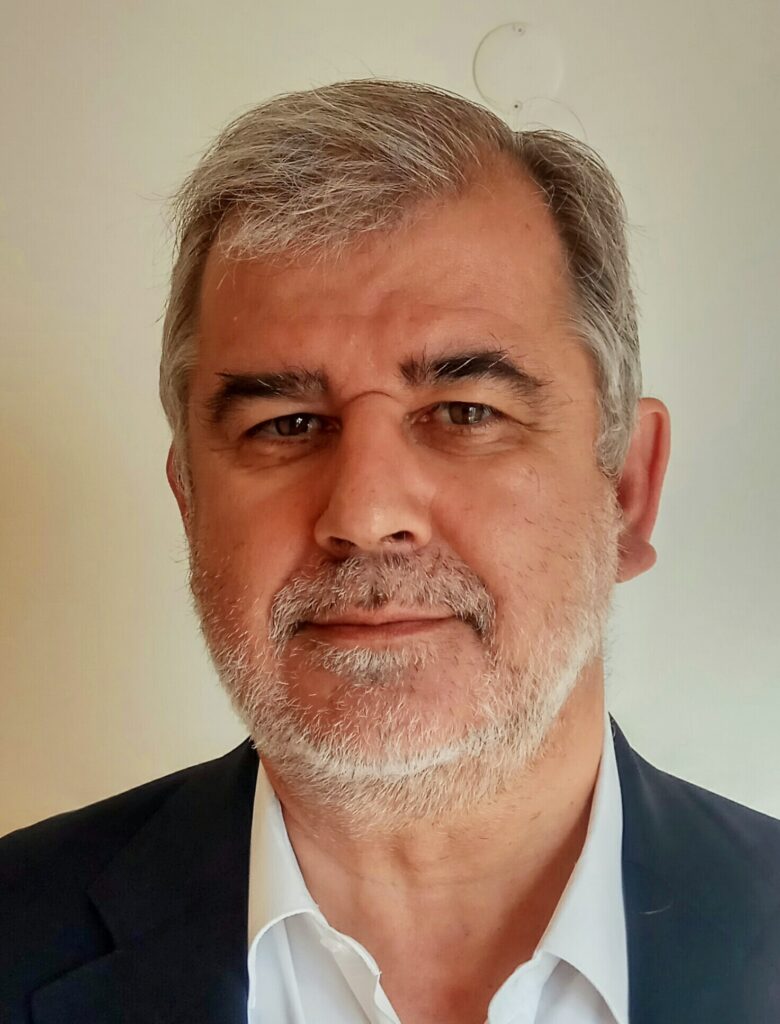
NOC Chair
Paulo Lopes dos Santos
(Portugal, Porto, University of Porto / INESC TEC)
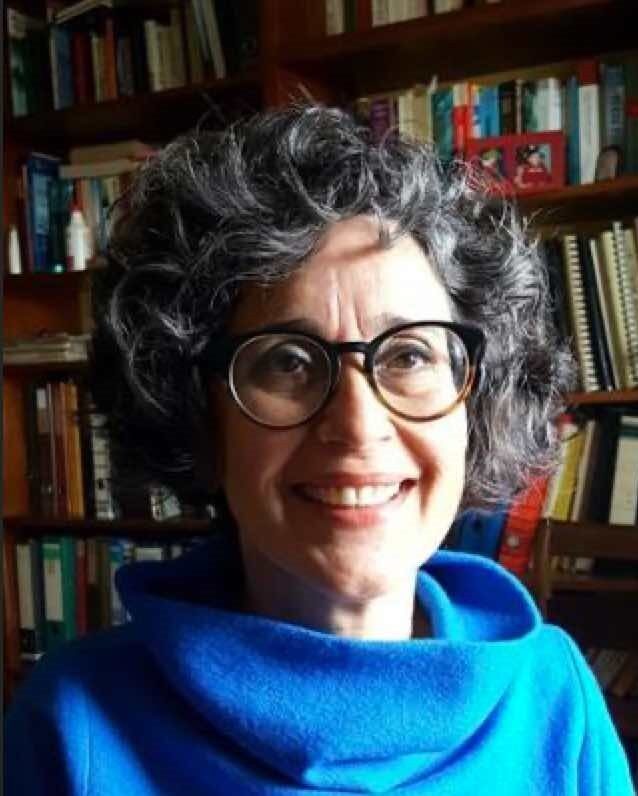
NOC Co-Chair
T-P Azevedo Perdicoúlis
(Portugal, Vila Real, University of Trás-os-Montes e Alto Douro)

NOC Vice-Chair from industry
José Mendonça
(Porutgal, Porto, INESC TEC)

Local Arrangements Chairs
Betina Campos Neves
(Portugal, Porto, Polytechnical Institute of Porto)
Margarida Ferreira
(Portugal, Porto, University of Porto)

Registration Chair
Rosário Pinho
(Portugal, Porto, University of Porto)

Finance Chair
Nuno Cruz
(Portugal, Porto, University of Porto / INESC TEC)
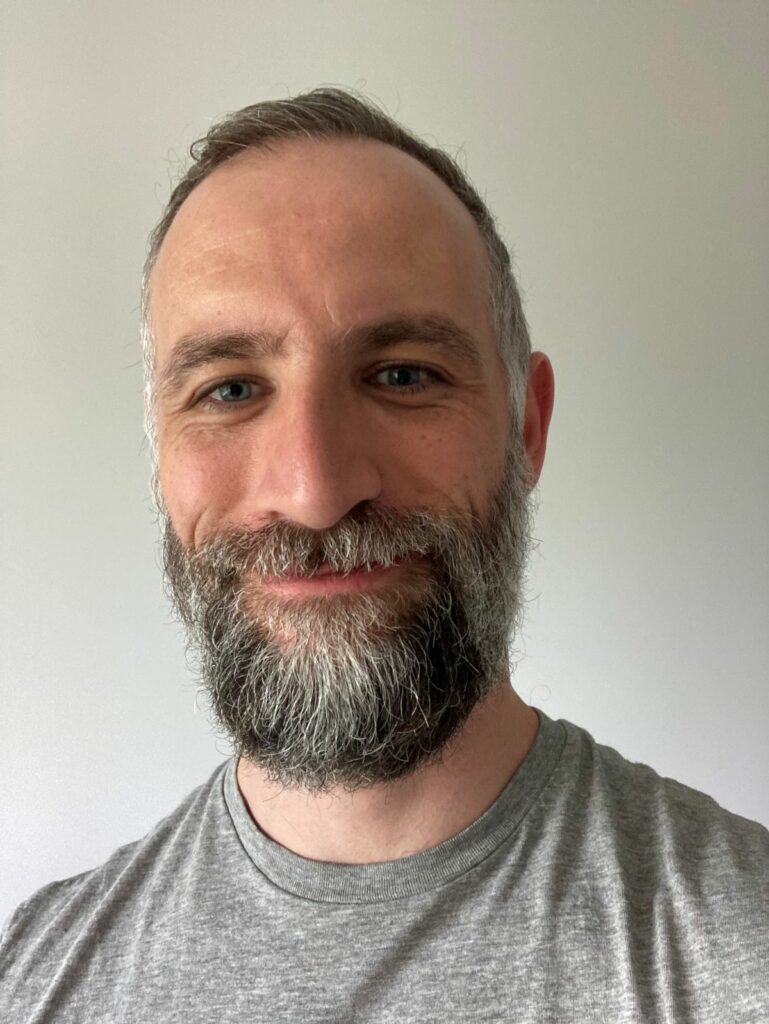
Media / Marketing Chair
Bruno Ferreira
(Portugal, Porto, INESC TEC / University of Porto)
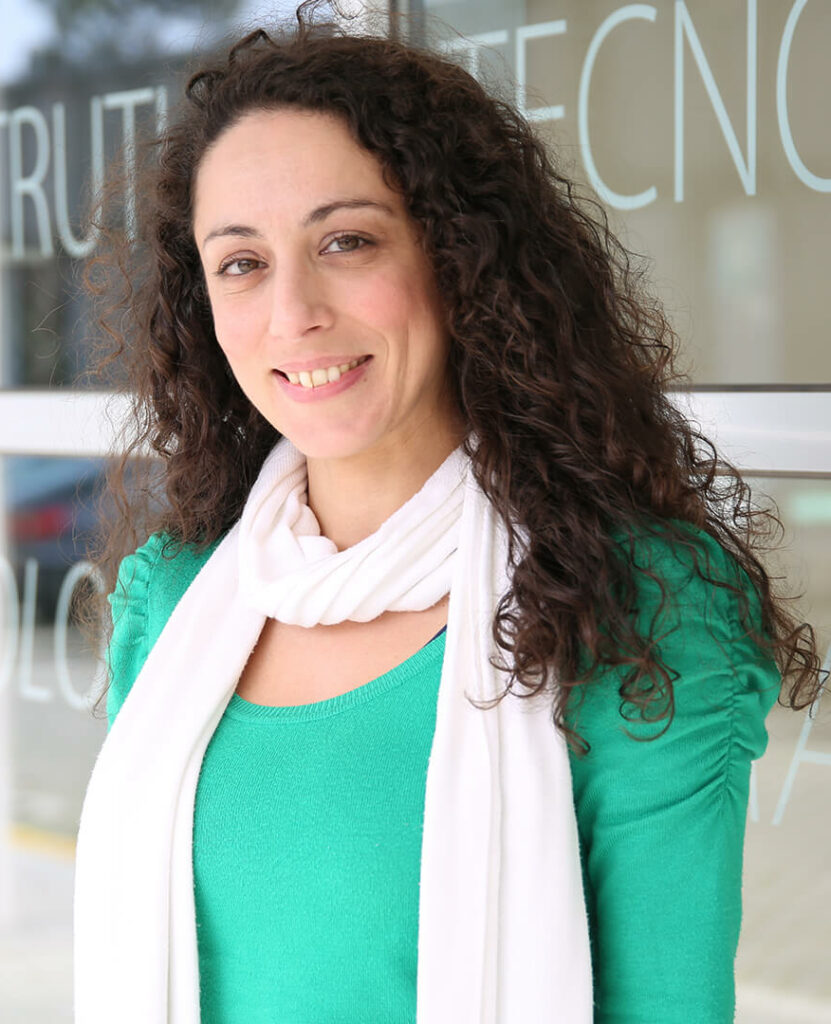
General Conference Secretary
Sílvia Pina
(Portugal, Porto, INESC TEC)
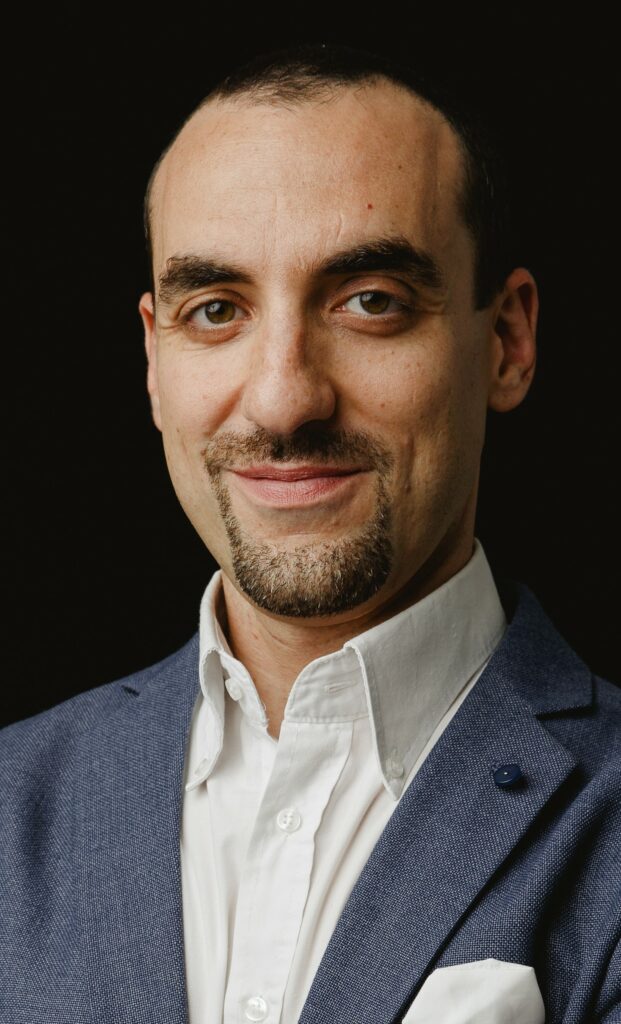
IFAC Young Author Award
Simone Formentin
(Italy, Milan, Politecnico di Milano)
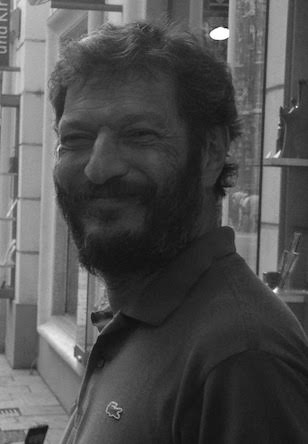
IFAC Conference Board Liason
Mario Sznaier
(Boston, USA, Northeastern University’s College of Engineering)
International Program Committee
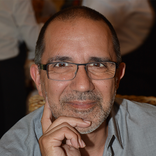
IPC Chair
Constantino Lagoa
(USA, Pennsylvania, Penn State University)

IPC Vice-Chair
Fabrizio Dabbene
(Italy, Torino, Institute IEIIT of the National Research Council of Italy (CNR))
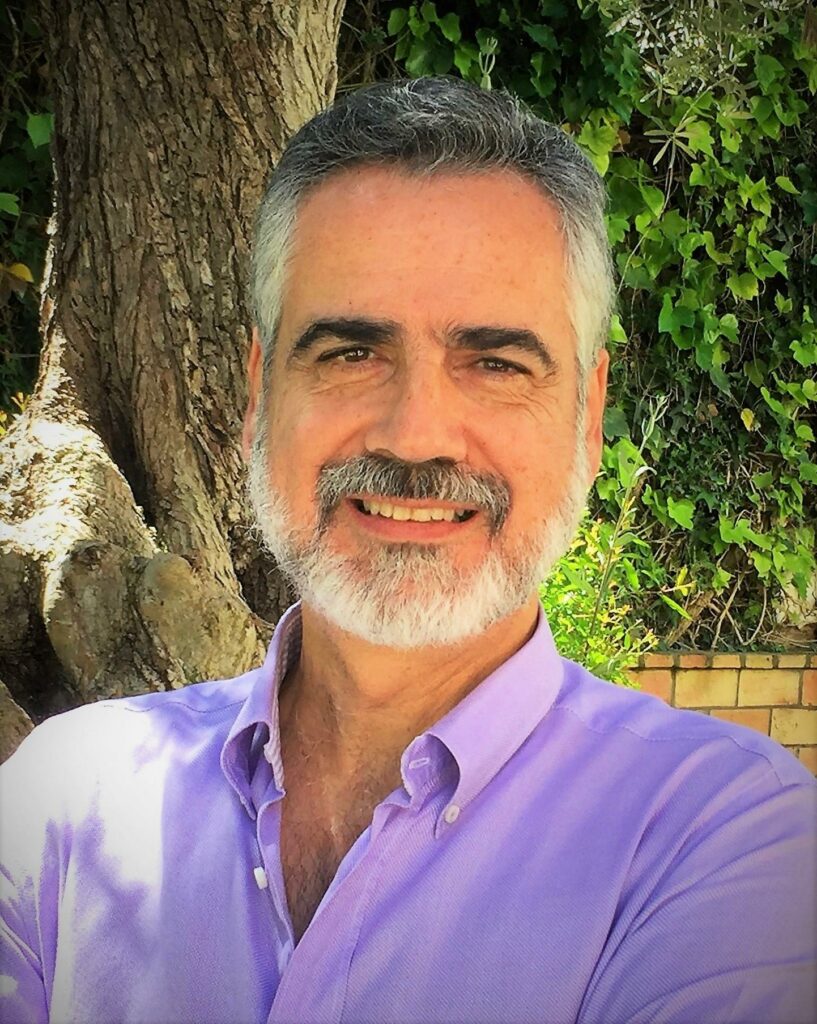
IPC Industry Vice-Chair
Carlos Bordons
(Spain, Sevilla, Universidad de Sevilla)

Program Editor / Co-editor
Aníbal Matos
(Portugal, Porto, University of Porto / INESC TEC)
IPC Members
Jamal DAAFOUZ (FR)
Valter Júnior DE SOUSA LEITE (BR)
Grace DEAECTO SILVA (BR)
Subhrakanti DEY (SE)
Yoshio EBIHARA (JP)
Mirko FIACCHINI (FR)
Paolo FRASCA (FR)
Yasumasa FUJISAKI (JP)
Andrea GARULLI (IT)
João GOMES DA SILVA JR (BR)
Didier HENRION (FR)
Laurentiu HETEL (FR)
Marc JUNGERS (FR)
Alireza KARIMI (CH)
Sorin OLARU (FR)
Hitay OZBAY (TR)
António PASCOAL (PT)
Pedro PERES (BR)
Ian PETERSEN (AU)
Paula ROCHA (PT)
Charles POUSSOT-VASSAL (FR)
Ricardo S. SÁNCHEZ PEÑA (AR)
Carsten SCHERER (DE)
Sebastiaan VAN DEN EIJNDEN (NL)
Luca ZACCARIANI (IT)
Sponsors
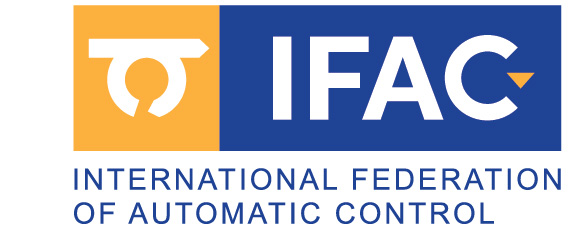
International Federation of Automatic Control
Main technical sponsor

Main technical sponsor

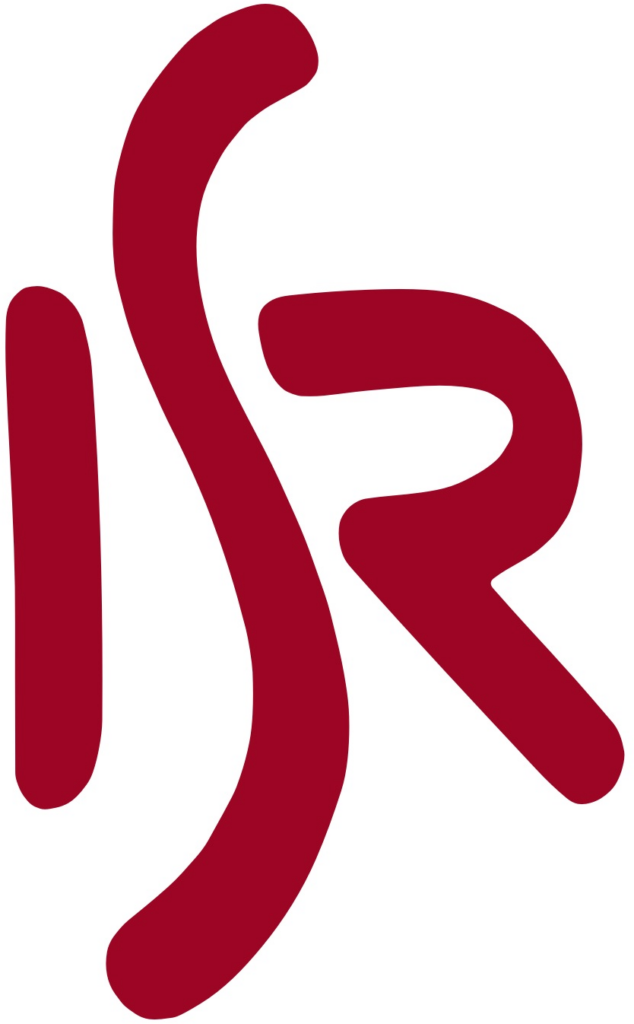
Main technical sponsor

Main technical sponsor
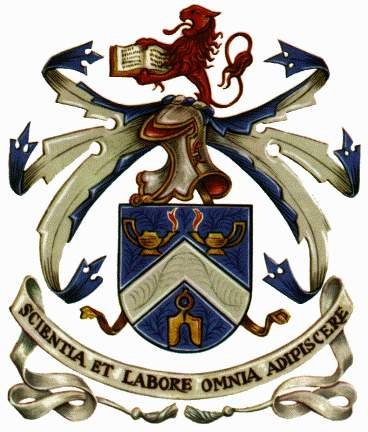
University of Trás-os-Montes e Alto Douro
Main technical sponsor
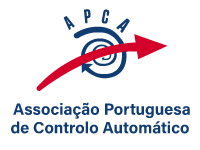
Portuguese Automatic Control Association (APCA)
Main technical sponsor

Main technical sponsor
Support
Main technical sponsor
Diversity and Inclusion statement
IFAC, as an international federation serving and representing all those concerned with the theory and application of automatic control and systems engineering wherever situated, is devoted to creating and fostering an inclusive environment that is open to diverse thoughts, ideas, and communications, without fear of discrimination, harassment, or retaliation against any member of this community. It is committed to providing equal opportunities and a safe environment for every person who chooses to participate in its work. Additionally IFAC strives for these same principles for all IFAC activities, including technical events, journals, and its various committees and governing boards.
- IFAC actively promotes the inclusion of a diverse set of speakers, which will lead to more representative discussions across IFAC.
- IFAC actively promotes the inclusion of a diverse set of members of its boards and committees at all levels, which will lead to more representative decisions, policies and activities across IFAC.
More about IFAC Mission and Vision
Become An IFAC Affiliate
IFAC offers services dedicated to individuals who sign-up as IFAC Affiliates. The services include the possibility to share and consult information about other Affiliates. It also gives access to more advanced features such as :
- Receiving the IFAC Newsletter.
- Receiving alerts about the IFAC Conferences in your field/s of interest.
- Benefit for reduced registration fees at IFAC Conferences. Conferences are typically 10€ (or the local equivalent) less expensive for IFAC Affiliates, than for non-affiliates.
- Participating in IFAC Technical Activities.
- Organizing IFAC Conferences.
- Participating in IFAC Journals.
- Applying to IFAC Awards.
- Applying to the IFAC Activity fund.
- And more to come in the future.
Moreover, being an IFAC Affiliate is free of charge. Any individual who is interested in Control Engineering should sign up !

